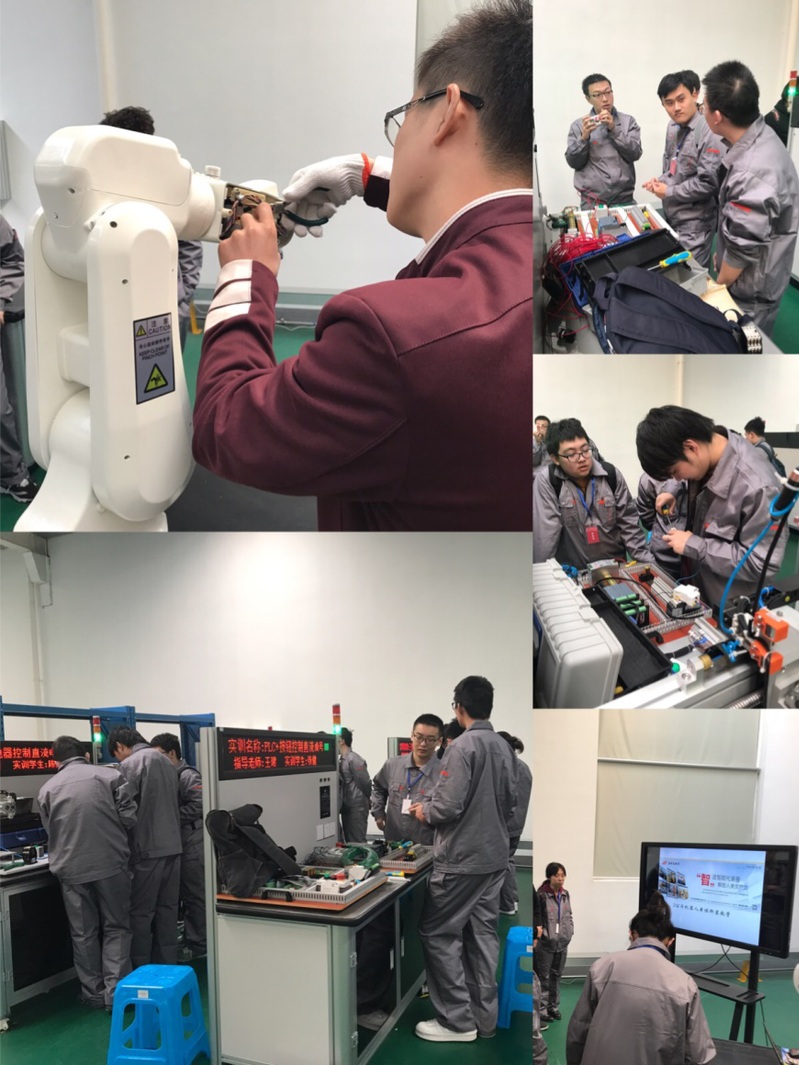SUNY-ESF's Major: Bioprocess Engineering
Program Introduction
The Program is a Chinese-foreign cooperative education program approved by the Ministry of Education (with approval no.: MOE11US2A20141600N, Program code: 083001H), and is jointly carried out by Beijing University of Chemical Technology and the State University of New York, College of Environmental Science and Forestry. The corresponding major of SUNY-ESF for the Bioprocess Engineering. The Program deeply integrates the professional characteristics of BUCT and ESF. By vigorously introducing overseas education and teaching resources, the Program intends to reform teaching modes and methods, strengthen the training of students' innovative practical ability, improve the quality of talent training, and cultivate socialist builders and successors with international vision and international competitiveness.
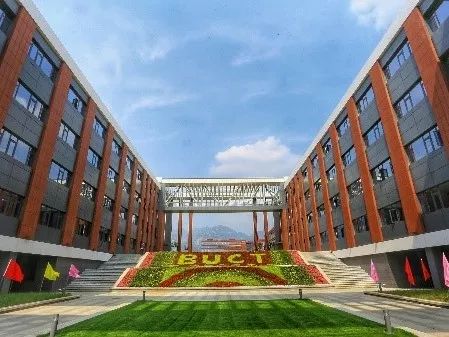
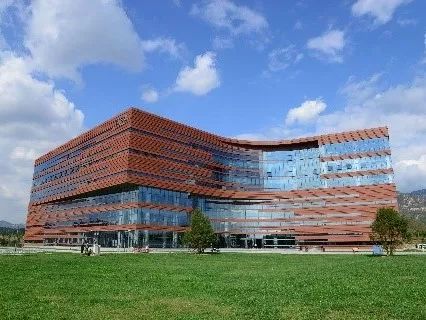
About SUNY-ESF
The State University of New York, College of Environmental Science and Forestry (SUNY-ESF), founded in 1911, is an American public educational institution and one of the oldest colleges in the system of SUNY. It was ranked 76th in the 2015 National University Rank and 30th in the Public University Rank by U.S. News and World Report. The Bioprocess Engineering of SUNY-ESF enjoys a high reputation among the similar prorgams in American universities, and has trained a large number of excellent engineers for the emerging bioprocess and biofuel industry in the United States. It attaches great importance to cultivating students to study and research the knowledge and technology of using renewable biological resources to replace non-renewable traditional industrial raw materials such as renewable oil. The teaching mode of combining learning, research and practice advocated by SUNY-ESF gives students a strong ability of innovation and industry practice. As a result, its graduates are widely popular with employers of many industries, including agriculture, industry, medicine, pharmacology, chemical raw materials, energy, environmental protection and light industry and food industry.
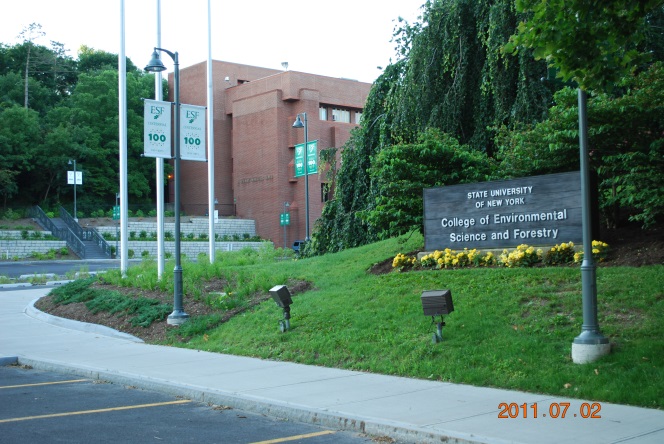
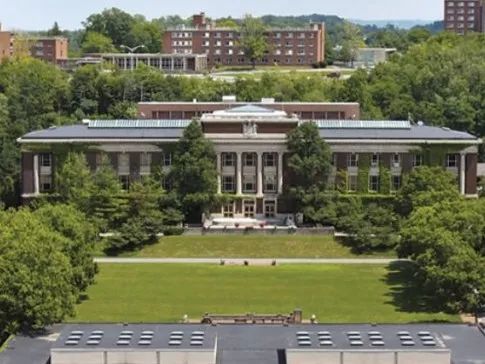
Program Feature
Bioprocess Engineering is one of the fastest growing disciplines in the 21st century and it increasingly and profoundly affects major aspects of human development. In order to solve the major problems in respect of food, healthcare, energy and environment, and to make full and effective use of renewable biological resources, human beings must vigorously develop the bioengineering industry.
The Bioprocess Engineering of BUCT is a key discipline created under the National 211 Project and the National 985 Discipline Innovation Platform.
ESF Bioprocess Engineering has distinctive characteristics and attaches importance to cultivating students' study and research on the knowledge and technology to replacing petroleum and other non-renewable traditional industrial raw materials with renewable biological resources and enjoys a high reputation among the similar programs in American universities. It is ranked 89th in the National University Rank and 37th in the Public University Rank by U.S. News and World Report.
Students can complete their studies in four years and obtain degrees from two excellent universities in China and the United States. Moreover, they have also obvious employment advantages.
The outstanding Chinese and foreign teachers are assigned for the Program, and more than half of the core specialized courses are undertaken by international faculties.
Compared with studying abroad for full four years, the Program greatly saves a family's investment in children's education.
The graduates from the Program have the priority to pursue master's degree and doctoral degree from SUNY-ESF.
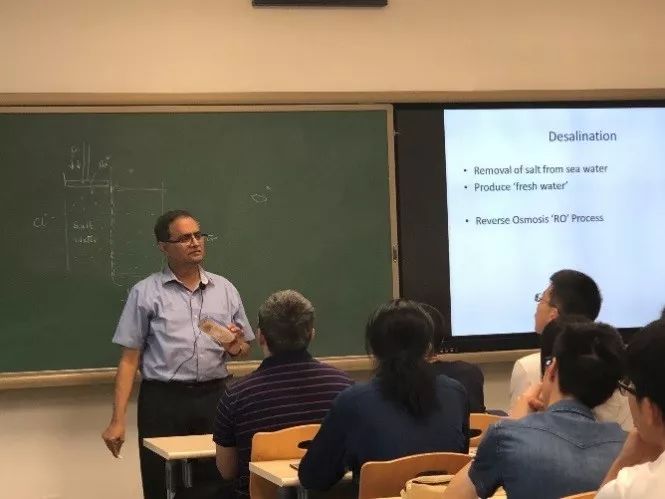
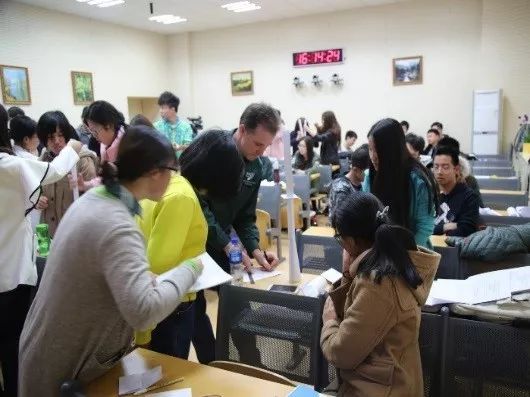
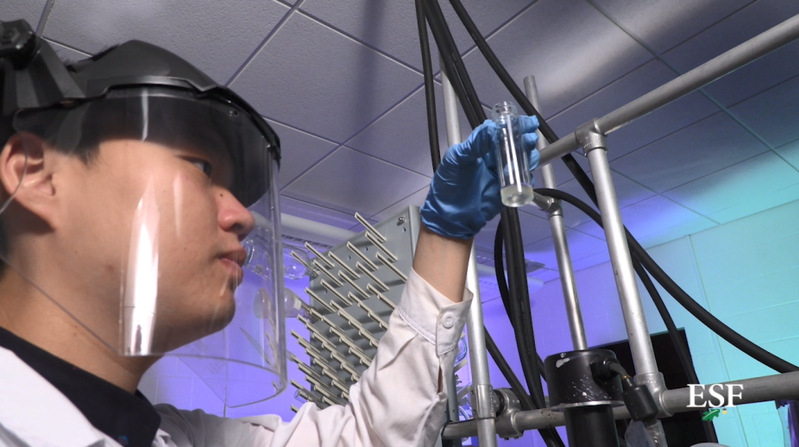
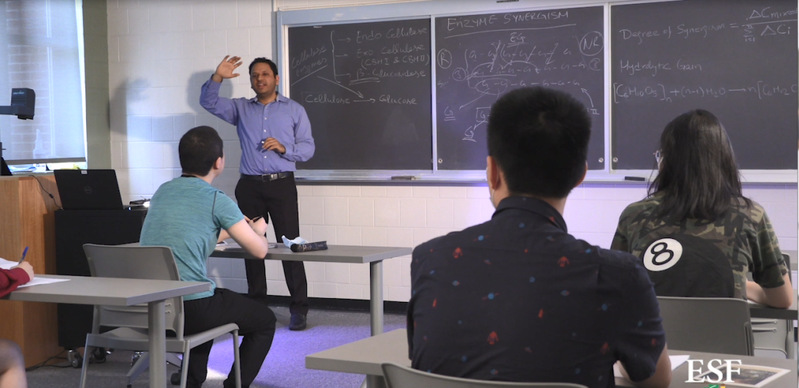
Study Mode and Degree
The study mode of the Program is 3 + 1, that is, students shall spend the first three-year study in China and the fourth year in the United States. Students who complete their studies and achieve the required results will receive an undergraduate certificate and a bachelor's degree of Bioprocess Engineering from BUCT and a bachelor's degree of Bioprocess Engineering from SUNY-ESF. (Note: Only those who study at SUNY-ESF in the fourth year and achieve all the requirements can obtain the bachelor’s degree from SUNY-ESF. The degree certificate of SUNY-ESF shall be in the certificate format filed by the Ministry of Education of China).
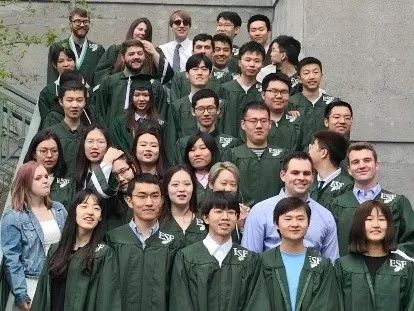
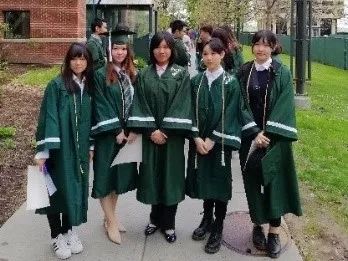
Core Courses
Biochemistry, Microbiology, Bioprocess, Biological Process Dynamics and System Engineering, Process Control, Biochemical Separation, Bioprocess Engineering Design.
Recruitment Capacity: 60 students
Tuition: RMB 50,000 per year for three years at BUCT, and the tuition for one year at SUNY-ESF subject to the tuition criteria of SUNY-ESF. Those with excellent academic performance can receive a scholarship, subject to the official information of SUNY-ESF.
Recruitment Criteria
The Program is a planned unified enrollment program, and students can directly apply for the Program when applying for their intended university programs. The admission criteria shall be those for the first batch of undergraduate recruitments in the national unified recruitment plan. The admission score line depends on the national college entrance examination and may fluctuate around the undergraduate program admission score line of BUCT. The specific requirements shall be subject to the applicable rules and regulations of China and the admission office of BUCT.
Talent Training Achievements
The School of International Education (SIE) attaches great importance to the cultivation of students' innovation ability, and has formed a complete excellent innovation training system. It has established 3 industry-university-research collaborative education base projects of the Ministry of Education of China, 3 student innovation centers and more than 20 graduate internship practice and innovation bases.
SIE students won 1 international first prize and 1 international second prize in discipline competitions or innovation and entrepreneurship competitions, 1 national first prize, 1 national second prize, 3 national third prizes, 1 provincial/ministerial first prize, 6 provincial/ministerial second prizes and 6 provincial/ministerial third prizes. Moreover, SIE students published 11 academic papers in domestic and foreign professional journals and applied for 5 patents. In addition, SIE strongly supports and subsidizes the College Students' Innovation and Entrepreneurship Training Program, and actively organizes and subsidizes students to participate in various scientific research innovation and practice activities at all levels.
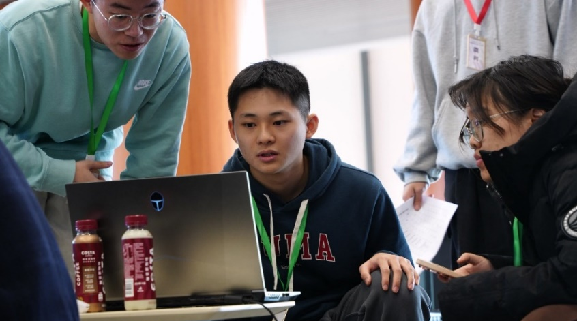
Broad Prospects for Further Study at Home and Abroad
The employment rate and the overseas further study rate of the graduates from the Program are high, for example, in 2020, the employment rate was up to 96.07%, and the further study rate was up to 64.71%. The graduates from the Program have received offers from famous international universities such as Columbia University, University of Pennsylvania, University of Chicago, Johns Hopkins University, University of Southern California, University of Michigan, Washington University in St. Louis, University of Minnesota, Twin Cities, Northwestern University, Northeastern University, Syracuse University, Imperial College London, University College London, University of Edinburgh, King's College London, University of Bath, University of British Columbia, Australian National University, University of New South Wales, University of Sydney, University of Melbourne, University of Alberta. Besides going to overseas well-known universities for further study, some graduates have been admitted to domestic well-known universities as master's degree candidates, and some have been hired by large enterprises such as ABB, HP, China Highway Vehicle & Machinery Co., Ltd., China Railway Group Ltd., China SINOMACH Heavy Industry Corporation, China Patent Technology Development Corporation, etc.
International Curriculum System and Teaching Methods for the Program
Guided by the learning-centered and outcome-based methodology, SIE has introduced nearly 100 foreign specialized courses, has carried out a series of teaching innovations, such as project-based teaching, blended teaching, flipped classroom and research teaching, etc., has used the Moodle international curriculum management platform and advanced educational technical means, has achieved significant teaching results, and has created distinctive internationalized engineering talent training systems and methods.
Various International Exchanges and Social Practices
The School regularly holds lectures of foreign experts, international cultural festivals, Chinese and foreign student exchange meetings, English corner, Italian cultural salon, summer holiday international exchange programs, etc., allowing students to fully experience foreign cultures and exercise their cross-cultural communication skills. Moreover, SIE organizes students to actively participate in various international forums to improve their comprehensive competitiveness.
